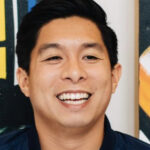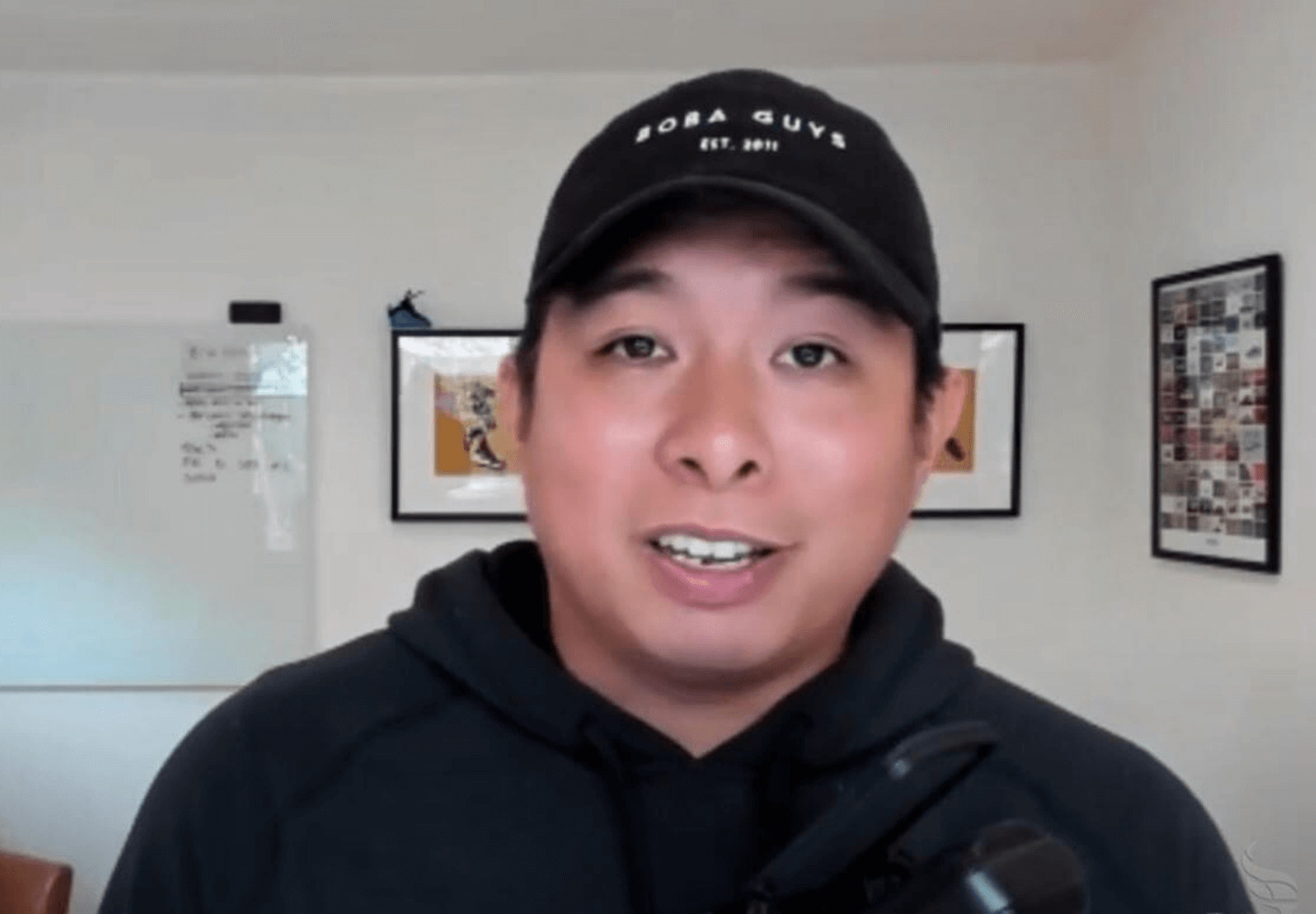Climbing That Second Mountain
Eric Toda
04.14.22
Interactions marred by racism and microaggressions have been a reality for Eric Toda, especially at the start of his career. Through these unfortunate encounters, Eric was able to find his voice and his passion for creating a more diverse workplace where people of different backgrounds can feel included. It’s this journey that he says has inspired him to climb his “second mountain” and fight to create better opportunities for his community.
Summary:
Interactions marred by racism and microaggressions have been a reality for Eric Toda, especially at the start of his career. Through these unfortunate encounters, Eric was able to find his voice and his passion for creating a more diverse workplace where people of different backgrounds can feel included. It’s this journey that he says has inspired him to climb his “second mountain” and fight to create better opportunities for his community.
Thuy

Eric Toda
Thuy




